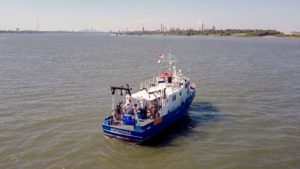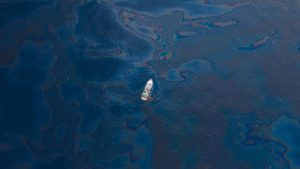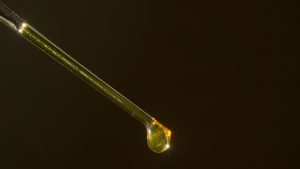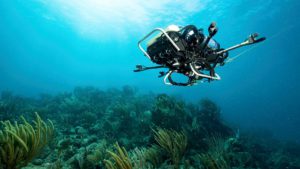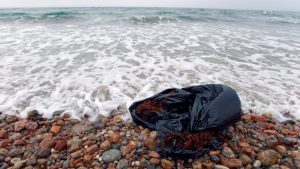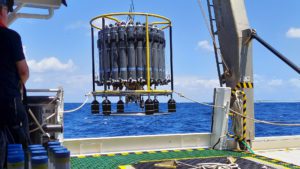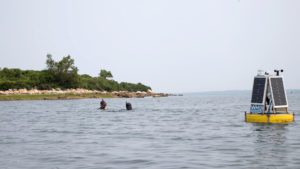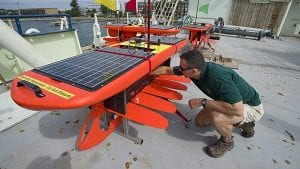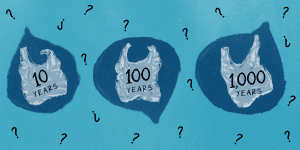Research Highlights
Oceanus Magazine
Danielle Haas Freeman draws on the language of chemistry to solve an oil spill puzzle
News Releases
Woods Hole Oceanographic Institution and Western Washington University Sign License Agreement for Upwell Cosmetics to Make and Market a Marine Microalga-Derived Wax
WHOI coral reef researchers propose a new technology-centered focus to study and conserve coral reefs
For the first time, leading researchers from the fields of healthcare, ocean science, and social science have collaborated to quantify plastic’s considerable risks to all life on Earth. The Minderoo-Monaco Commission on Plastics and Human Health report, released today, presents a comprehensive analysis showing plastics as a hazard at every stage of their life cycle.
If scientists can improve the way models represent physical processes such as gas exchange, they can have more confidence in future simulations.
The Bay Is a harbinger for estuaries worldwide, say researchers

